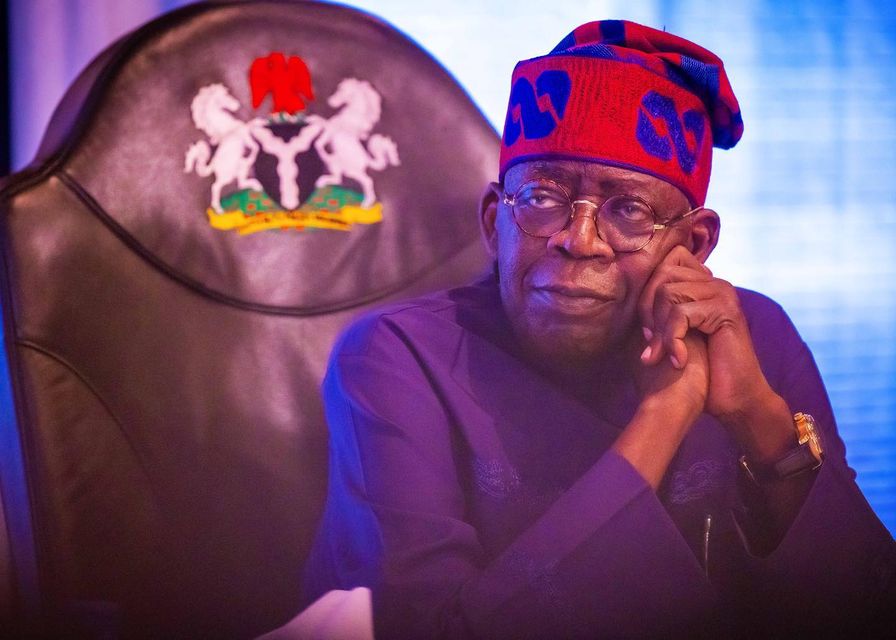Nigeria
Nigeria receives $750m funding from World Bank

The World Bank has approved the Nigeria Distributed Access through Renewable Energy Scale-up (DARES) project, which is being funded by a $750 million International Development Association (IDA) credit, in an effort to increase access to clean energy for 17.5 million Nigerians.
Additionally, the project would make use of a sizable amount of parallel funding from development partners in addition to over $1 billion in private finance.
Read Also: World Bank advises Nigerian government to cease subsidy payments and raise fuel price to N750/litre
$200 million from the Japan International Cooperation Agency (JICA) and $100 million from the Global Energy Alliance for People and Planet are among the development partners’ contributions of funding.
The African Development Bank (AfDB), SEforAll, the German Development Agency (GIZ), and the United States Agency for International Development (USAID) are among the other development partners working on the plan.The World Bank said in a statement yesterday that the goal of the DARES project is to use distributed renewable energy solutions to give over 17.5 million Nigerians new or increased access to power.
Through the use of creative financing techniques, the DARES initiative will increase the amount of clean electricity provided in Nigeria by the private sector.
Over 85 million Nigerians lacked access to electricity as of 2021; even those with access to the national grid faced inconsistent and insufficient supply, which was frequently made up for with expensive, highly polluting generator sets that ran on petrol or diesel.
“DARES will build on the accomplishments of the World Bank-financed Nigeria Electrification Project (NEP) to further address the access gap. The NEP has facilitated the establishment of 125 mini grids and the sale of over a million Solar Home Systems, enabling over 5.5 million Nigerians to obtain access to electricity.
According to the release, “NEP has also led to the creation of over 5,000 local green jobs in Nigeria’s private sector.”
The Global Development Institution claims that the DARES programme would help states obtain technical assistance to build institutional capacity and policy frameworks for rooftop solar, as well as give the Federal Government of Nigeria the ability to organise and fund all off-grid electrification initiatives.Additionally, the programme would stress inclusion and gender by expanding on the NEP’s gender-related initiatives to help underprivileged female-headed families and women-led MSMEs get access to electricity, as well as initiatives to boost the number of women employed in the energy industry.”We are dedicated to increasing Nigerians’ access to renewable energy, and the $750 million Nigeria
The DARES project is the World Bank’s largest distributed energy initiative to date.
World Bank Country Director for Nigeria, Shubham Chaudhuri, stated, “It will benefit over 17.5 million unserved, underserved, rural, and remote Nigerians through the deployment of standalone solar and mini grids and replace more than 280,000 polluting and expensive petrol and diesel generator sets, an important step for Nigeria towards achieving its energy transition targets.””
Up to 237,000 MSMEs in Nigeria will have access to dependable, clean power through the DARES project, enabling them to use it for constructive purposes that will increase their capacity to provide revenue and jobs in the community.
“I’m thrilled to support this ground-breaking initiative, highlighting cutting-edge financial tools like the DARES programme. These programmes not only help the off-grid industry reach its full potential but also stimulate investments and advance renewable energy technologies.”The ripple effect unlocks access to a world of clean and equitable energy for everyone, reaching underprivileged and unserved communities. According to Nigeria’s Minister of Power, Adebayo Adebalu, “it’s a powerful journey of empowerment and transformation.”
The DARES programme would show what could be accomplished through successful collaboration and partnerships between the government, private sector, and development partners. It would also help Nigeria close the gap in its access to electricity and accelerate its transition towards a sustainable, efficient, and economically viable electricity supply.
